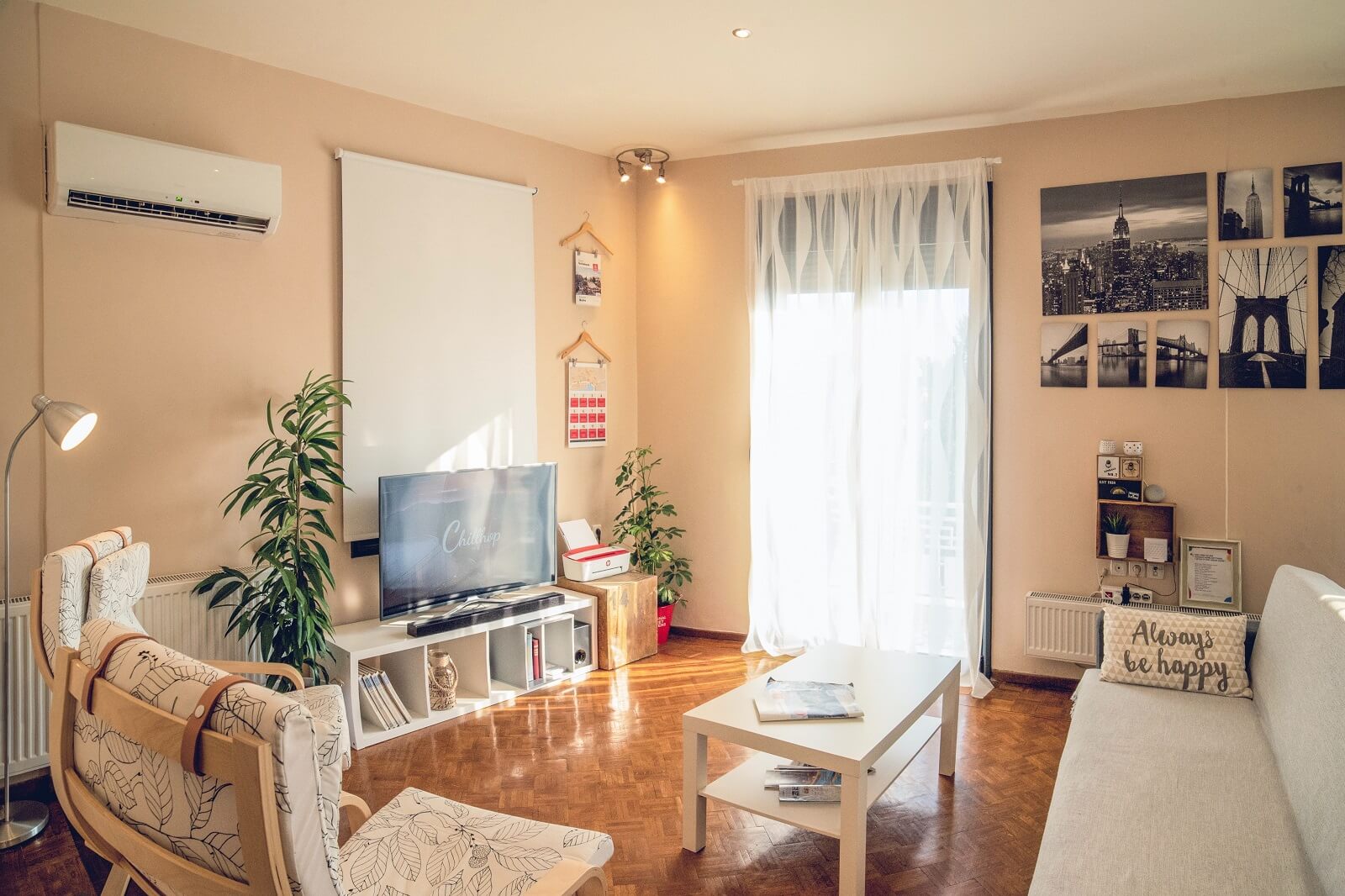What you need to know about investing in Airbnb’s in Kenya.

With its breathtaking scenery, vibrant culture, and expanding tourism industry, Kenya has established itself as a top destination for tourists from all over the world. For real estate investors, the tourism boom has created profitable opportunities, particularly in the Airbnb- and other short-term rental sector. There are a number of important elements you should be aware of if you’re thinking of buying Kenyan Airbnb rentals in order to maximize your profits.
Market research is key
Before diving into the Airbnb investment, conduct thorough market research. Research popular tourist destinations in Nairobi, Mombasa and Maasai Mara. Consider factors like demand, seasonality and occupancy rates. A good understanding of the market dynamics will help you choose the right location for your investment.
Legal and Regulatory Compliance
Airbnb investments in Kenya must adhere to local laws and regulations. Be aware of licensing requirements, tax obligations, and any zoning restrictions that may apply to short-term rentals in your chosen area. Consult with legal experts or local authorities to ensure you are in full compliance.
Property selection
Choose your property wisely. Look for properties in areas with high tourist traffic, proximity to attractions, and good infrastructure. Consider the property’s condition and whether it requires renovations or maintenance. Keep in mind that Airbnb guests often prefer clean, well-maintained accommodations.
Listing and Presentation
Presentation matters on Airbnb. Invest in high-quality photos and descriptions that highlight the unique features of your property. Ensure your property is well-furnished and equipped with necessary amenities such as Wi-Fi, air conditioning, and kitchen facilities. Guest reviews play a significant role in attracting bookings, so strive for excellent service.

Advantages of investing in Airbnb
- Wide Selection: Airbnb hosts list many different kinds of properties, from single rooms, apartments, and houses to houseboats, caravans, and even castles.
- Free Listings: Hosts don’t have to pay to list their properties. Listings can include written descriptions, photos with captions, and a user profile in which potential guests can get to know a bit about the hosts.
- Hosts Can Set Their Own Price: It’s up to each host to decide how much to charge per night, per week, or per month.
- Customizable Searches: Guests can search the Airbnb database—not only by date and location, but by price, type of property, amenities, and the language of the host—and add keywords (such as “close to Diani”) to help narrow their search.
- Additional Services: Airbnb offerings include experiences and restaurants. People searching by location will see a list of experiences, such as classes and sightseeing, offered by local Airbnb hosts. Restaurant listings also include reviews from Airbnb hosts.
- Protections for Guests and Hosts: Airbnb holds each guest’s payment for 24 hours after check-in before releasing the funds to the host.
Disadvantages of investing in Airbnb
- What You See May Not Be What You Get: Individual hosts create their own listings, and some may be more honest than others. One way to avoid disappointment is to read comments from previous guests.
- Potential Damage: Although most stays go without incident, property damage is probably the biggest risk for hosts. Airbnb’s Host Damage Protection provides some assurance. But it may not cover everything, such as cash, rare artwork, jewelry, and pets. Hosts whose homes are damaged may also experience considerable inconvenience.
- Added Fees: Like hotels, Airbnb imposes a number of additional fees. For each booking, both guests and hosts pay a service fee to Airbnb, which can be steep. Banks or credit card issuers may also add fees, if applicable.
- Taxes: Hosts and guests in several countries may be subject to a value-added tax (VAT). And depending on their location, hosts may be subject to rental income taxes.
- It Isn’t Legal Everywhere: Before listing a property on Airbnb, a would-be host needs to check local zoning ordinances to make sure it’s legal to rent out their property. Hosts may also be required to obtain special permits or licenses.
Conclusion
Investing in Airbnb properties in Kenya can be a rewarding venture, offering the opportunity to generate rental income and potentially benefit from property appreciation. However, success in this market requires careful planning, adherence to regulations, and a commitment to providing exceptional guest experiences. By conducting thorough research and staying proactive, you can make informed decisions and embark on a successful Airbnb investment journey in Kenya.
